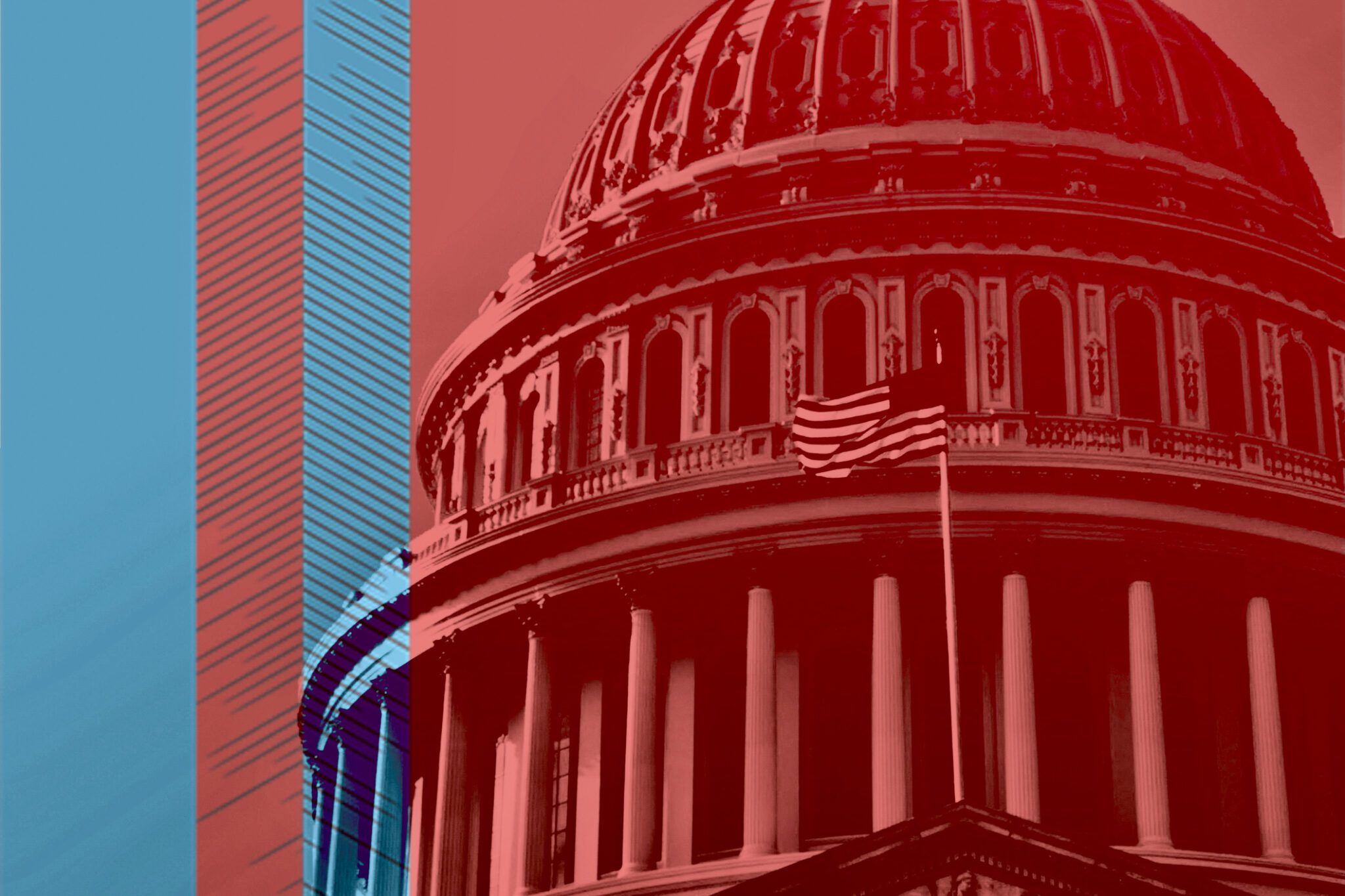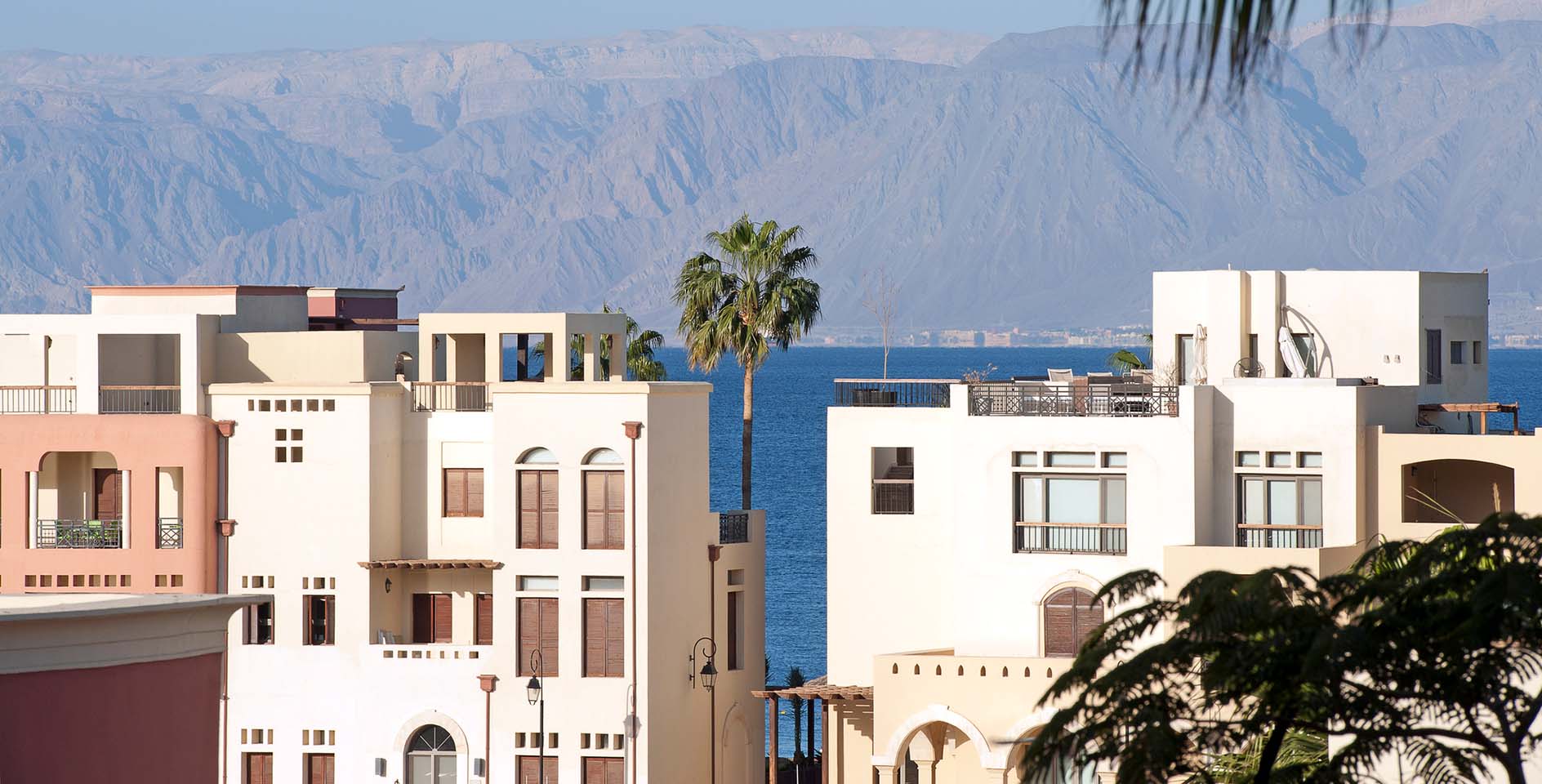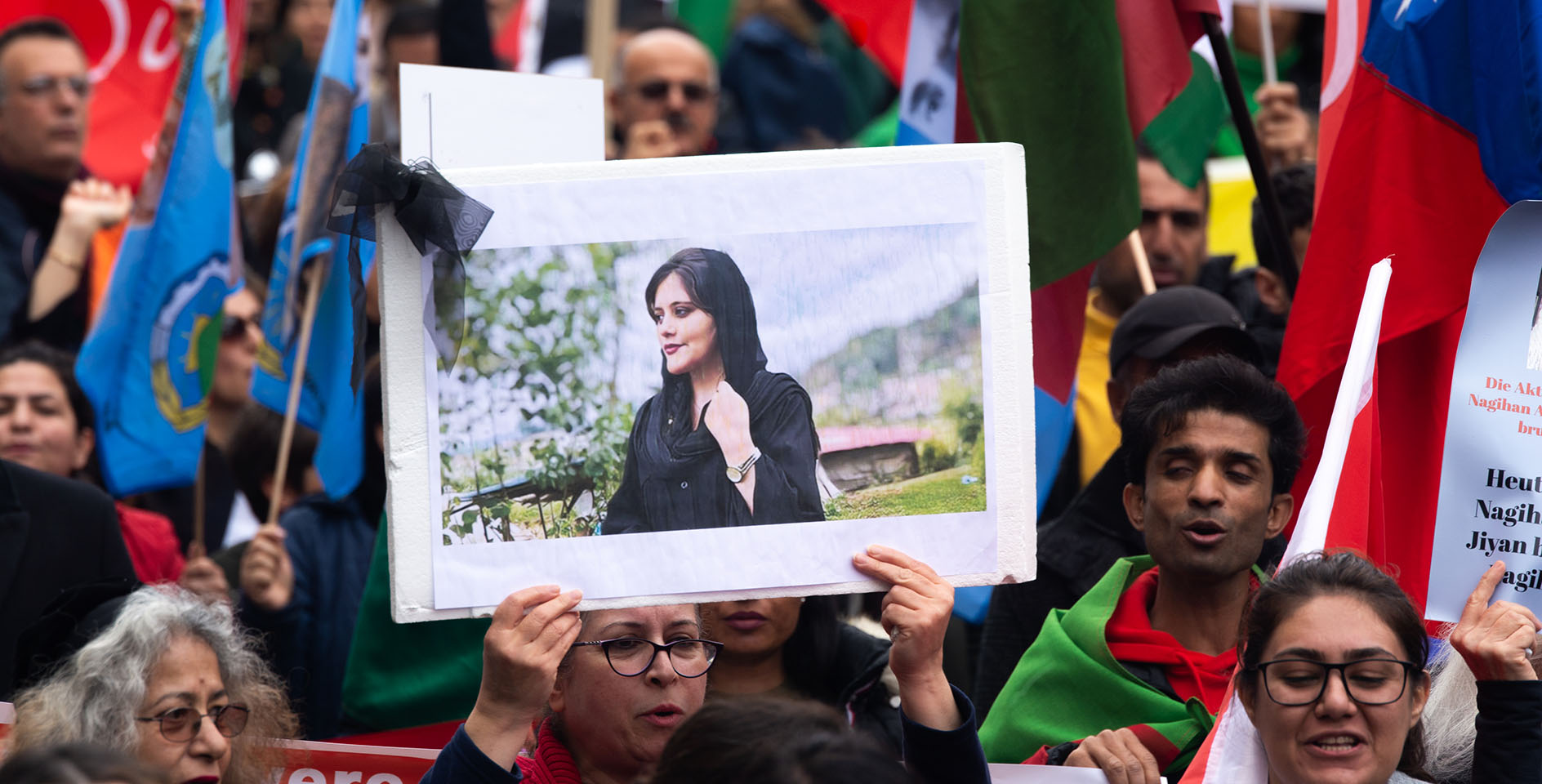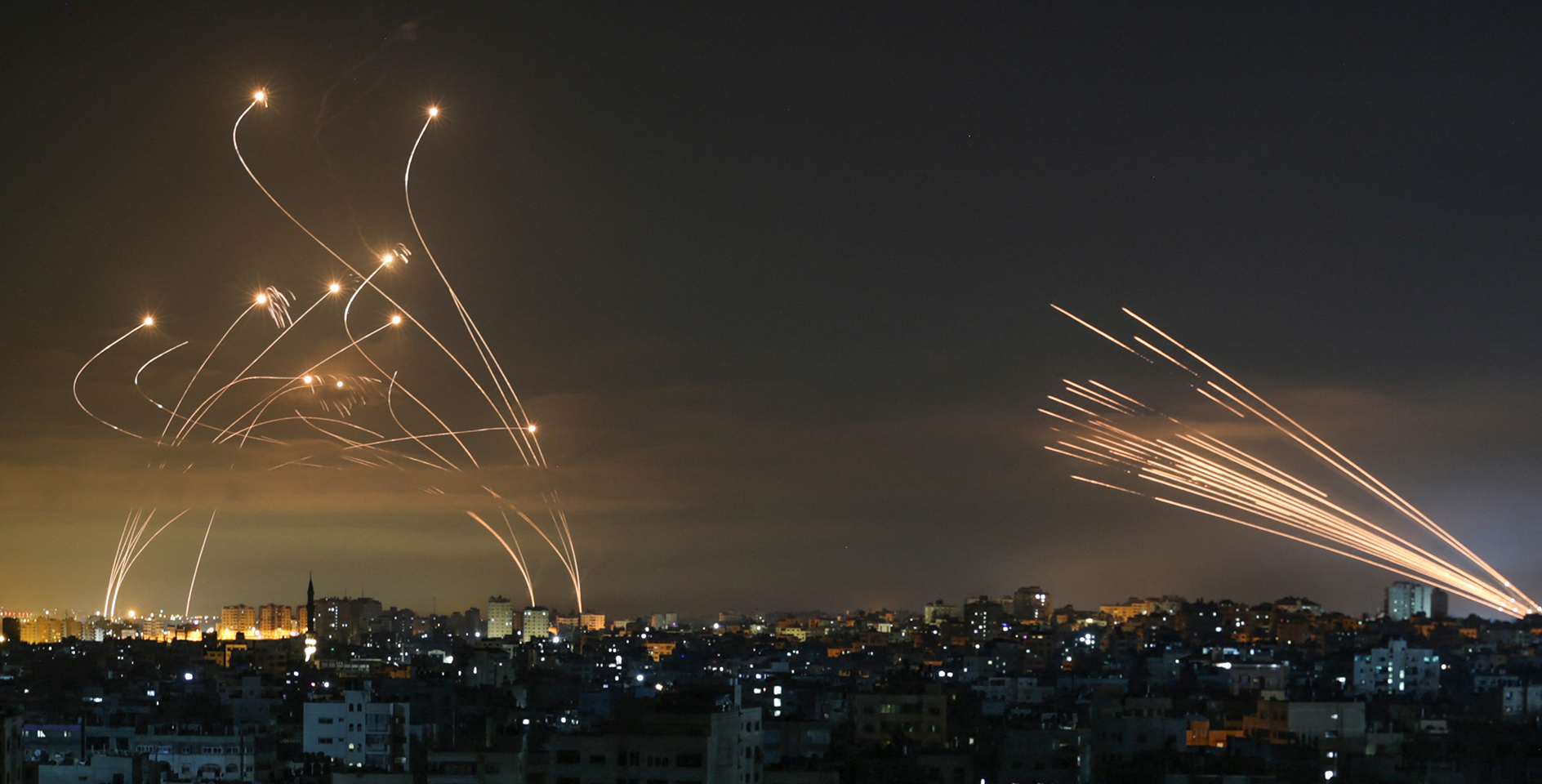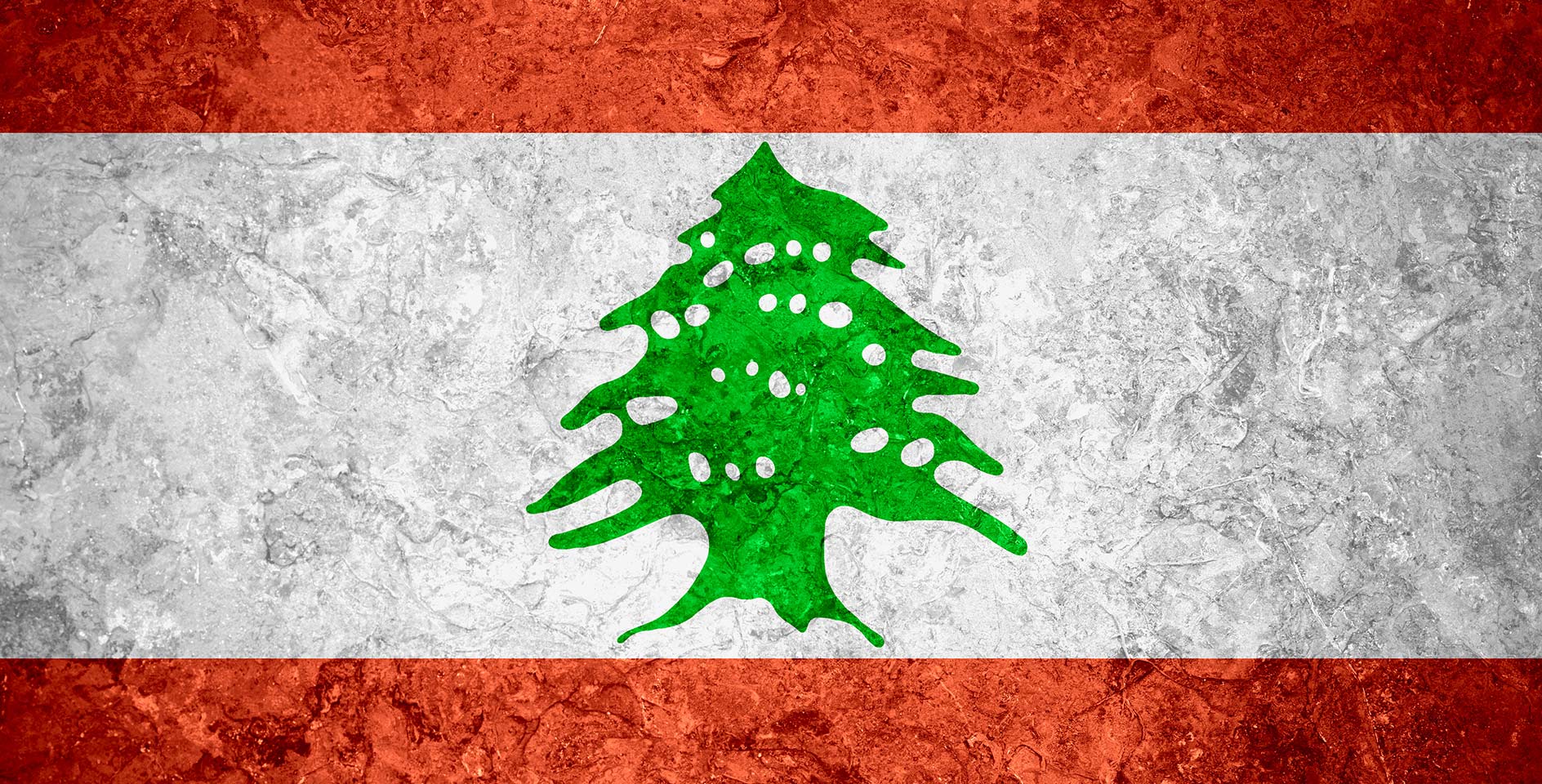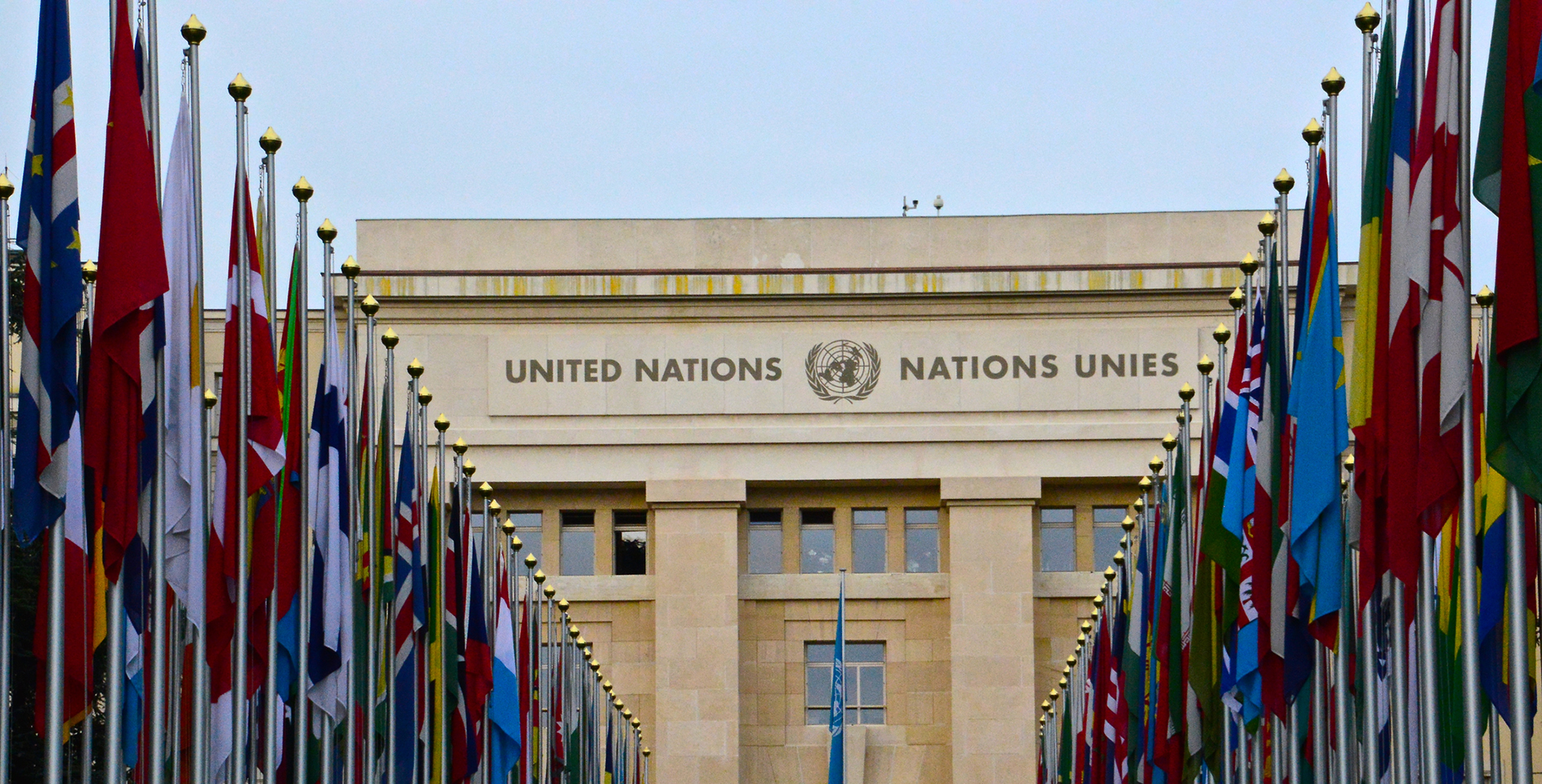On Tuesday, Israel, the United Arab Emirates (UAE), and the United States signed a diplomatic pact known as the “Abraham Accords Peace Agreement.” Additionally, Israel and the UAE signed a separate agreement to establish diplomatic and economic ties between the two nations.
Last week the U.S., Bahrain, and Israel issued a joint statement announcing full diplomatic relations between the Kingdom of Bahrain and the State of Israel. Bahrain is only the fourth Arab country in the Middle East (after the UAE, Egypt and Jordan) to recognize the modern nation of Israel.
Where are Israel, UAE, and Bahrain located geographically?
The State of Israel is a country that intersects the crossroads of Europe, Asia and Africa. Israel is bound by the Mediterranean Sea on its west, Lebanon and Syria border it to the north, Jordan to the east, Egypt to the southwest, and the Red Sea to the south.
The Kingdom of Bahrain is a small island nation in the Persian Gulf. Most of the country is on Bahrain Island, which is surrounded by 40 natural islands and an additional 51 artificial islands. Its closest neighbors in the Gulf are Qatar and Saudi Arabia.
The United Arab Emirates is a sovereign state on the Arabian peninsula. It is bordered by the Gulf of Oman and Oman to the east, and Saudi Arabia to the south and west. The country also shares maritime borders with Qatar to the west and Iran to the north.
What is the Abraham Accords Peace Agreement?
Despite the title, the Abraham Accords is not an actual peace treaty since none of the parties involved were at war (and Israel and the UAE have been secretly working together for years). The significance of the treaty is that it publicly codifies and expands an already existing arrangement between the three countries.
The Abraham Accords Declaration states:
We, the undersigned, recognize the importance of maintaining and strengthening peace in the Middle East and around the world based on mutual understanding and coexistence, as well as respect for human dignity and freedom, including religious freedom.
We encourage efforts to promote interfaith and intercultural dialogue to advance a culture of peace among the three Ahrahamic religions and all humanity.
We believe that the best way to address challenges is through cooperation and dialogue and that developing friendly relations among States advances the interests of lasting peace in the Middle East and around the world.
We seek tolerance and respect for every person in order to make this world a place where all can enjoy a life of dignity and hope, no matter their race, faith or ethnicity.
We support science, art, medicine, and commerce to inspire humankind, maximize human potential and bring nations closer together.
We seek to end radicalization and conflict to provide all children a better future.
We pursue a vision of peace, security, and prosperity in the Middle East and around the world.
In this spirit, we welcome and are encouraged by the progress already made in establishing diplomatic relations between Israel and its neighbors in the region under the principles of the Abraham Accords. We are encouraged by the ongoing efforts to consolidate and expand such friendly relations based on shared interests and a shared commitment to a better future.
What is the agreement between Israel and the UAE?
The agreement commits the two countries to work to advance the “cause of peace, stability and prosperity throughout the Middle East,” as well as to as well working together in the areas of finance and investment; civil aviation; visas and consular services; innovation, trade and economic relations; healthcare; science, technology and peaceful uses of outer-space; tourism, culture and sport; energy; environment; education; maritime arrangements; telecommunications and post; agriculture and food security; water; and legal cooperation.
Why are the countries making the agreement now?
Geopolitics is a political framework in which international affairs is examined in the context of culture, history, and geography, as well as day-to-day political events. The geopolitics of the Middle East is complex and multifaceted, which is not surprising considering the history of the region. Yet since the establishment of the modern State of Israel in 1948, a driving force in Middle Eastern geopolitics has been the Israeli–Palestinian conflict.
The predominantly Muslim Arab states in the region have almost always sided with the Palestinians and against Israel, and made it a priority in their foreign policy. Many observers of the geopolitical situation assumed resolution of that conflict would be necessary before Arab states recognized the legitimacy of Israel. But over the last two decades, some of the Arab states have recognized that they share a common foe with Israel—Iran. Concern about minimizing the influence of Iran in the region has even trumped the question about what to do about Palestine.
Israel and the UAE are unlikely to come into direct conflict since the capitals of Israel and the UAE are separated by 1,200 miles (about the same distance as Seattle and San Diego) and two nations (Saudia Arabia and Jordan). The UAE, though, is only 33 miles away Iran (across the Strait of Hormuz) and Israel borders Syria, a country that has a military alliance with Iran. Iran also funds Hezbollah, which is considered a terrorist organization by the U.S., Israel, and the Arab League, of which the UAE is a member. Concerns about Iran gaining nuclear weapons has also shifted the geopolitical concerns of most states in the Middle East.
What is the significance of the agreement?
While it’s too early to tell what the outcome of the treaty will be, it will likely affect the Israeli-Palestianian conflict, containment of Iran, and religious liberty in the UAE.
Unlike in past agreements, the UAE did not require Israel to make significant concessions to the Palestinian cause. This has already been viewed by some as a betrayal by the Palestinians, and could lead to increased violence by radical factions. In response to the agreement, militants fired rockets into Israel from Gaza.
While it may cause more unrest in Gaza and the West Bank, the agreement may provide a check on Iraninan hostility. The U.S. reportedly enticed the UAE by offering to sell them weapons systems in exchange for the treaty with Israel. The package of weapons includes F-35 fighter jets, Reaper drones, and EA-18G Growler electronic warfare planes. This will strengthen the UAE’s ability to protect themselves against aggression by the Iranian government.
The accord states that the signatories will respect and promote religious freedom. The Constitution of the UAE provides for freedom of religion by established customs. But there are significant restrictions. According to Open Doors, Christians from other countries are free to worship privately in the UAE, but the government does not allow them to evangelize or pray in public. The death penalty remains the on-the-books punishment for converting from Islam, though it has not been used. The U.S. can, and should, use the agreement to push the UAE to be more open to expressions of religious liberty.

